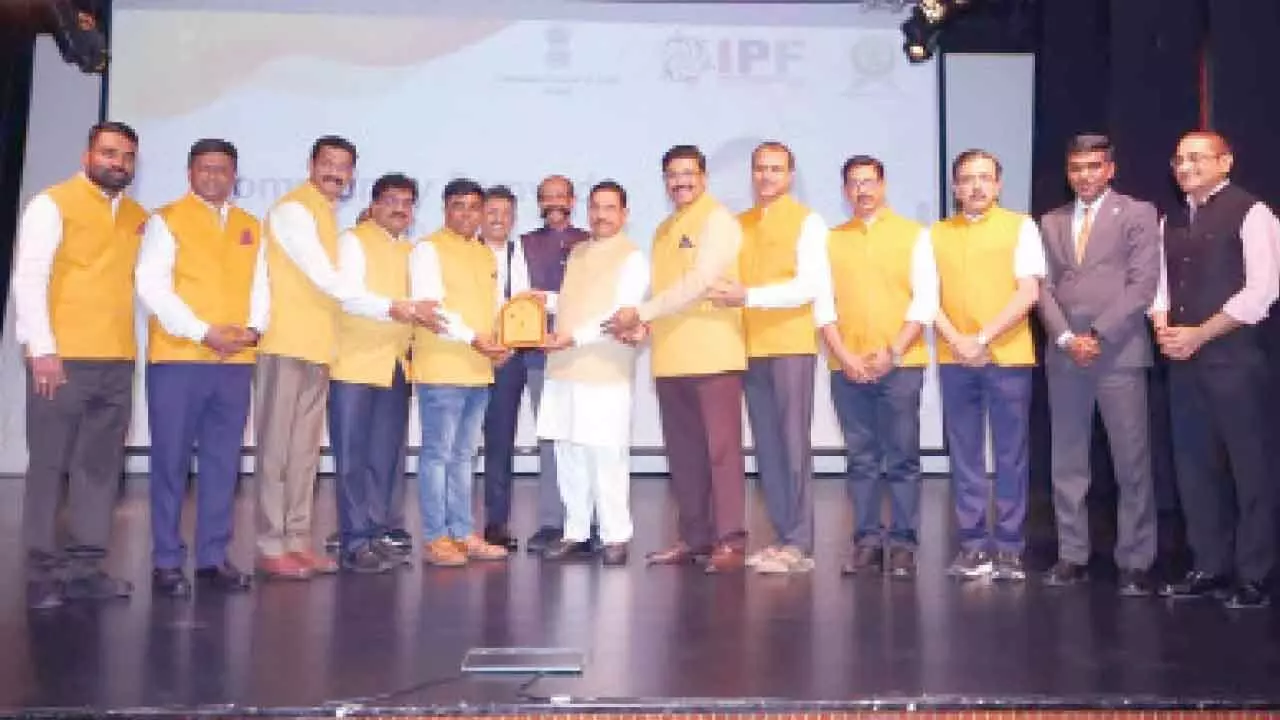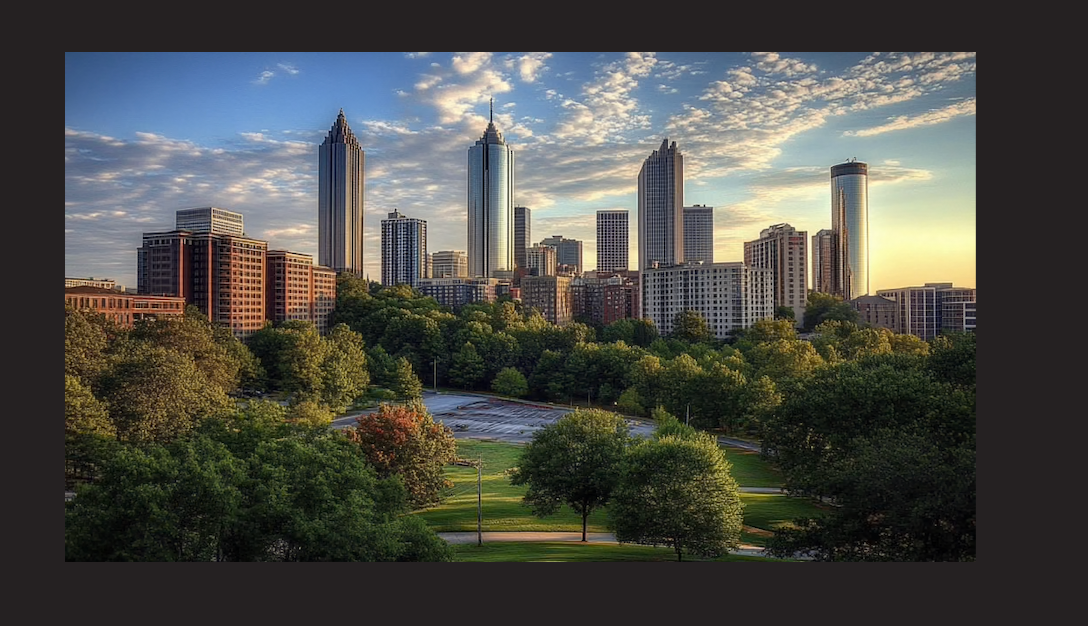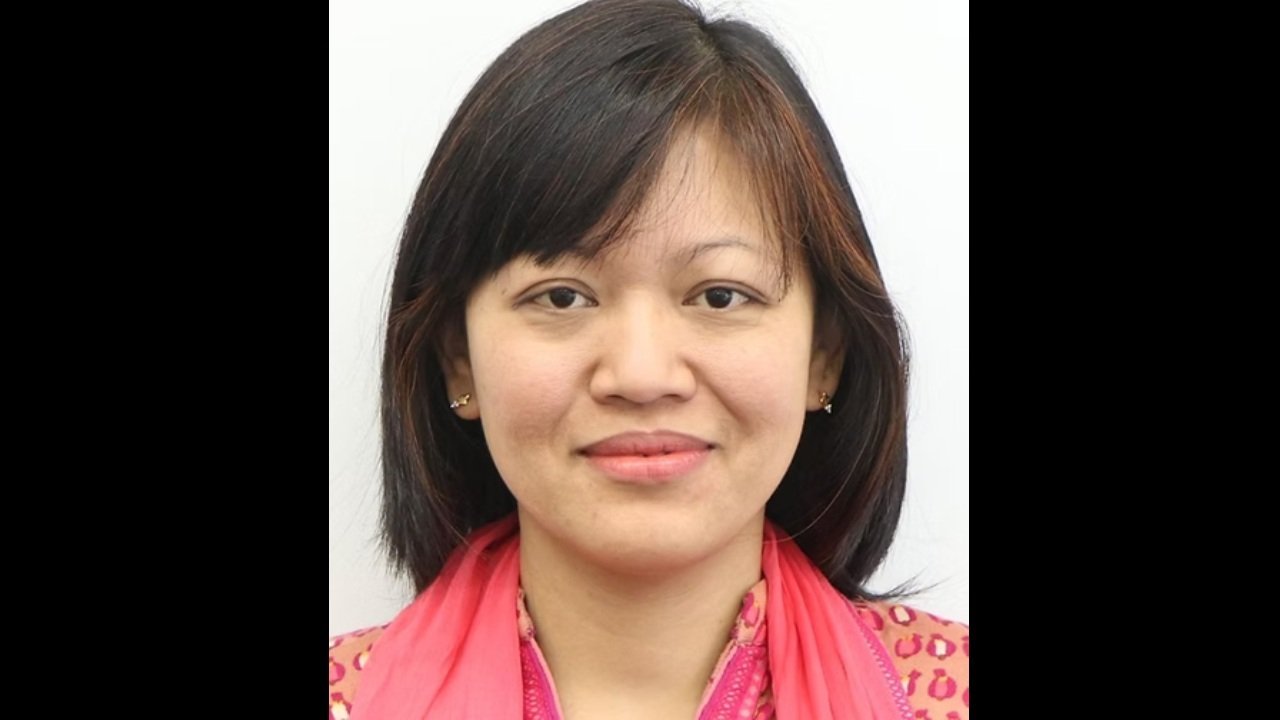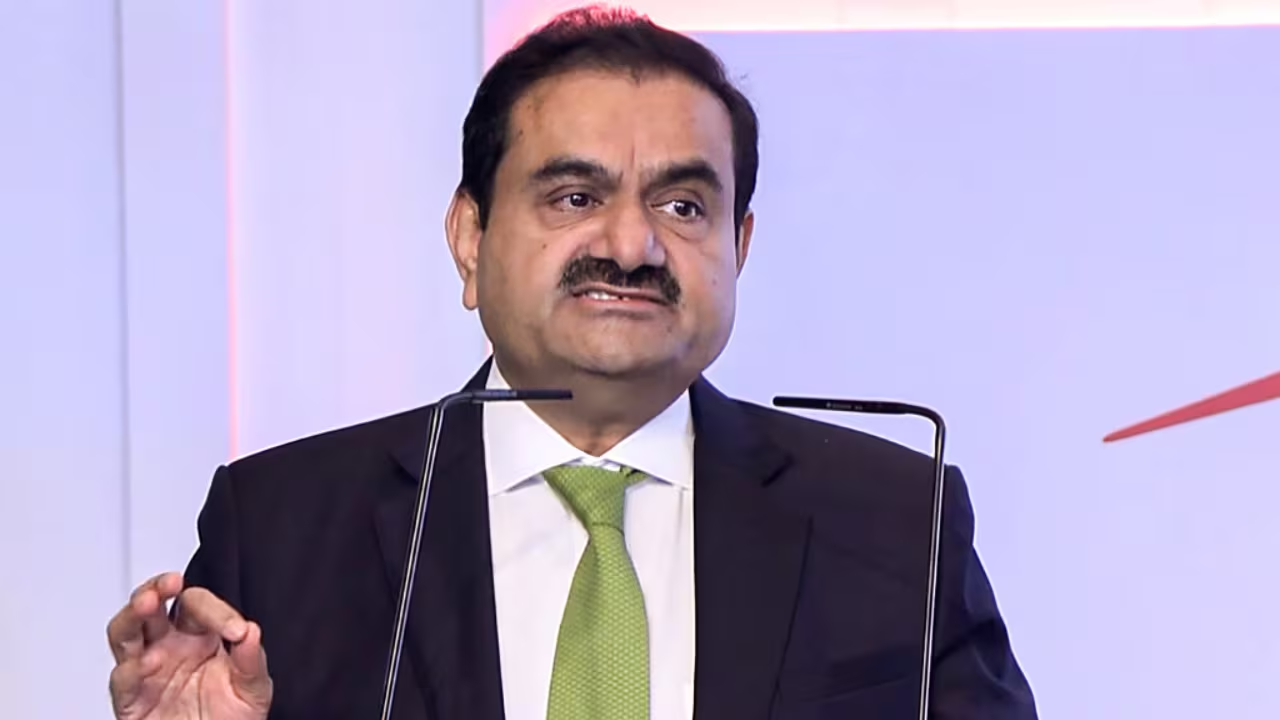Entitled “The Sounds of Islamic Culture”, the panel focused on the different expressions of celebration in Islamic rhythm and music, the evolution of traditional music with the fusion of different cultures, and the impact of technology on the distribution and popularity of music.
Her Excellency Huda Ibrahim Alkhamis, Founder of the Abu Dhabi Music & Arts Foundation, Founder and Artistic Director of Abu Dhabi Festival has participated in a panel discussion part of Al Burda Festival, a biennial initiative launched in 2018 by the UAE Ministry of Culture & Youth and under the patronage of H.H. Sheikh Abdullah bin Zayed Al Nahyan, Minister of Foreign Affairs and International Cooperation.
Entitled “The Sounds of Islamic Culture”, the panel focused on the different expressions of celebration in Islamic rhythm and music, the evolution of traditional music with the fusion of different cultures, and the impact of technology on the distribution and popularity of music.
Joined by other speakers, Prof. Carlos Guedes, Associate Professor of Music, New York University Abu Dhabi, and Mr. Eddy Maroun, Co-Founder and CEO of Anghami,
Her Excellency Huda Ibrahim Alkhamis said: “The rise of Islamic Civilisation was an evolutionary process that embraced traditions and cultures and sciences, art and music. The capitals of learning of Islam extended from Cordoba in the West of Europe through Cairo in Egypt, from Baghdad through Persia to Mughal India in the East. This rich history was generously shared by all who arrived seeking knowledge regardless of race, or religion.”
“What captivates me about Islamic sound is the intricacy of the Arabic language as it interweaves through eloquent poetry and enchanting music. Perhaps one of the strong points to note is the very particular relationship between the Arabic language, Islam and poetry: the musicality of the language, it’s near mathematical elegance is reminiscent of music,” she added.
During the panel talk, Her Excellency took the audience on a journey that traces back to the 8th century, diving into the world of music back then, and the prominent names that helped shape it, such as: Ibrahim Al Mawsili and his son, Ishaq, and The great musician Ziryab, as well as the great philosopher Al Farabi who authored the “Great Book of Music” back in the 10th century, and the Islamic world’s first great theoretician of music and the first to discuss its therapeutic value, Al Kindi.
Her Excellency, Al-Khamis, highlighted the pivotal role played by Abu Dhabi Festival in in supporting and presenting the evolution of contemporary Arab music.
For example Naseer Shamma, the Oud Master from Iraq, has been presented recently by the Abu Dhabi Festival along with 5 new Oud instruments that he created in a unique performance titled “From Ashur to Ishbilia” premiering at the Liceu Theatre in Barcelona.
Noted composer and researcher Qoutayba Al Neaimi’s created an innovative Microtonal Polyphonic Maqam musical system. This marks a new era that allows the world’s composers to create new works and orchestras to play and harmonise the microtonal maqam scales of classical Arab music. Today, with the support of ADF, he is teaching his new system around the world.
The remarkable composer and opera singer, Hiba Al Kawas, has merged Western classical styles of polyphonic composition and performance. She has been focusing on the creation of the true Arabic Opera.
Ibrahim Maalouf is a Lebanese trumpet jazz performer and improviser. He also carries his own cultural heritage, playing a unique 4-piston trumpet, instead of 3-pistons, designed by his father. The 4th piston allows him to play half tones – something common in the Sounds of Islamic Culture.
Mehdi Haddab is an extraordinary oud performer who plays an electric oud and is considered by some as the “Jimi Hendrix” of the oud.
“What captivates me about Islamic sound is the intricacy of the Arabic language as it interweaves through eloquent poetry and enchanting music. Perhaps one of the strong points to note is the very particular relationship between the Arabic language, Islam and poetry: the musicality of the language, it’s near mathematical elegance is reminiscent of music,” she added.
Tarek Yamani, fused jazz with traditional Khaleeji music bringing a new dimension to sounds rarely heard outside of the Gulf.
Mohamed Fairuz, one of the UAE’s leading composers will premiere his Fifth Symphony with the London Symphony Orchestra taking inspiration from the life of Sheikh Zayed, merging polyphonic with traditional musical themes.
Exceptional Emirati composer Ihab Darwish will premiere the Abrahmic Symphony: Unity of Three Judaism, Christianity and Islam. Ihab Darwish will be co-composing the movement representing Islam, alongside John Debney and David Shire who will be composing the Christian and Jewish movements respectively.
Sheikh Mahmoud El Tohamy, the leading spiritual chanter in Egypt is known for evolving Arabic Fusha in a contemporary musical format.
Sheikh El Tohamy’s founded Madrassat Al Inshad, or School for Chant, has been at the forefront of building a new generation of singers.
H.E added: “The digital era of music has totally redefined “The Sounds of Islamic Culture” and massively extended their popularity. We have experienced this in the Abu Dhabi Festival where millions have followed us virtually where our stories have no borders and our viewers are global.”
She concluded, “Music is the soul of the universe, the beat of our lives. We must now continue to connect, produce, commission, archive, partner and unite. To reach out to each other, regardless of any differences.
I fear for those whose hearts that do not sway at the sound of the Oud and whose souls do not stir by its strings.”
************************************************************************
Readers
These are extraordinary times. All of us have to rely on high-impact, trustworthy journalism. And this is especially true of the Indian Diaspora. Members of the Indian community overseas cannot be fed with inaccurate news.
Pravasi Samwad is a venture that has no shareholders. It is the result of an impassioned initiative of a handful of Indian journalists spread around the world. We have taken the small step forward with the pledge to provide news with accuracy, free from political and commercial influence. Our aim is to keep you, our readers, informed about developments at ‘home’ and across the world that affect you.
Please help us to keep our journalism independent and free.
In these difficult times, to run a news website requires finances. While every contribution, big or small, will makes a difference, we request our readers to put us in touch with advertisers worldwide. It will be a great help.
For more information: pravasisamwad00@gmail.com










